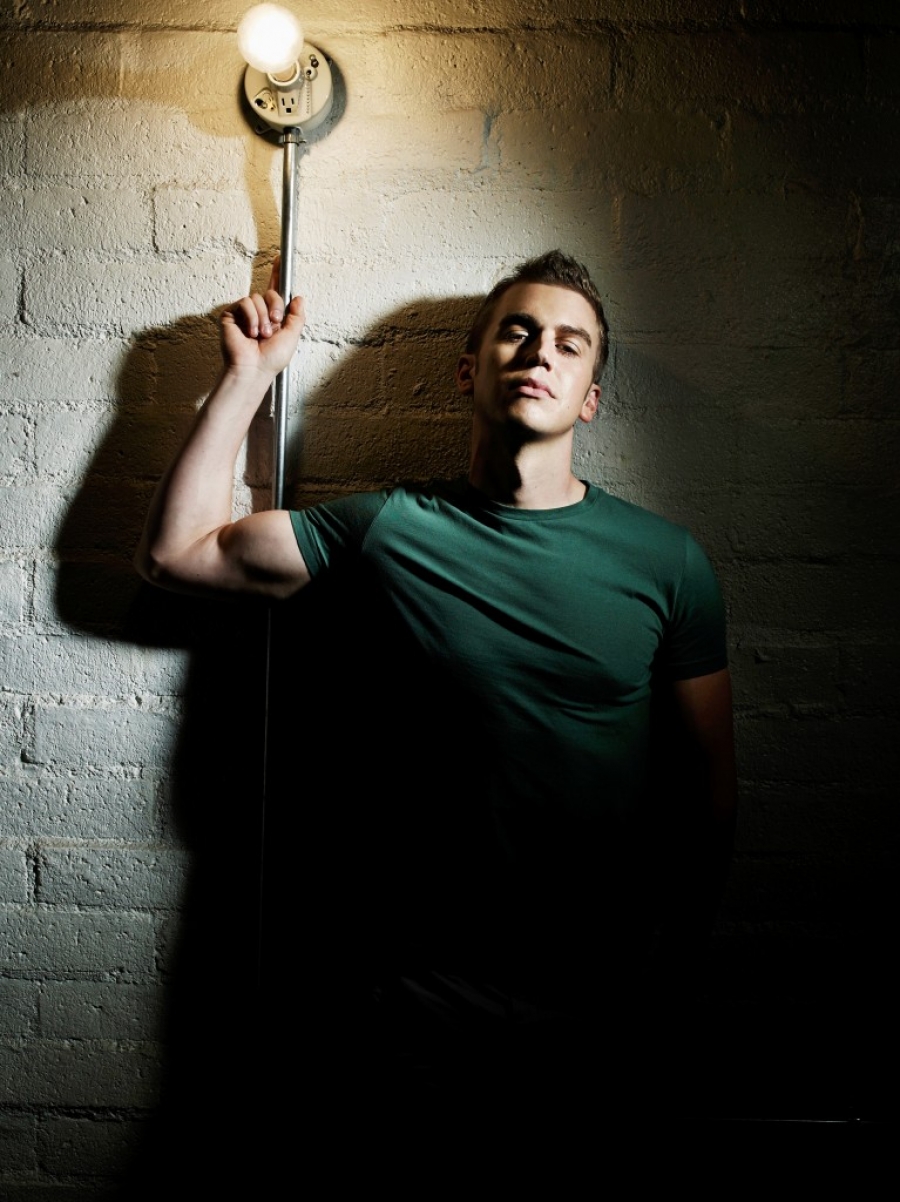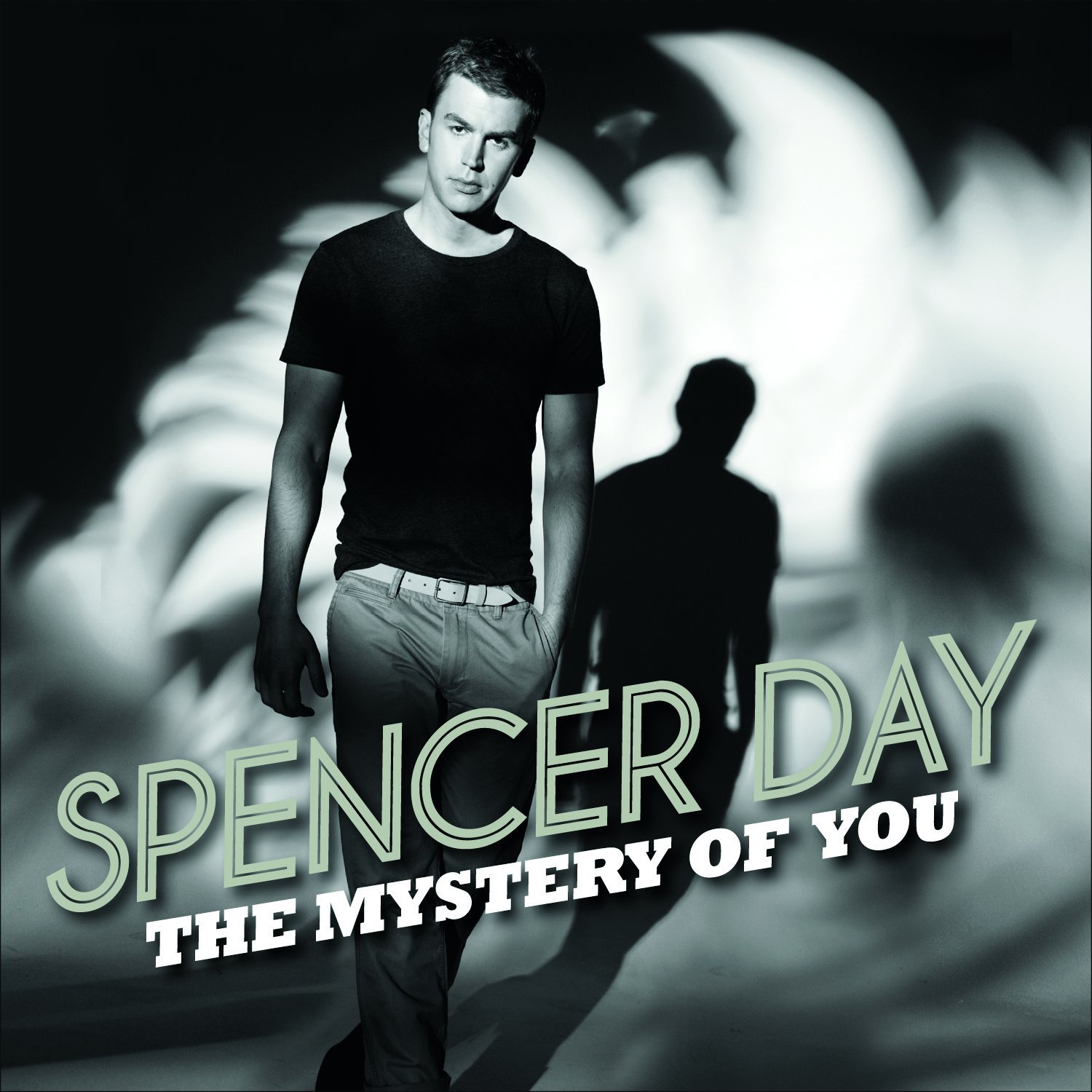
When Frank Ocean came out of the closet in July and nabbed two Grammy awards last month, many declared his triumph as a watershed moment for gay performers. If the hip hop community could embrace an out recording artist, had the queer ceiling finally been shattered for LBGT vocalists? Or, was this only one milestone in an ongoing battle against homophobia for the music industry?
It's one thing for stars to come out long after they have already made a name for themselves (Ricky Martin, George Michael, Michael Feinstein, Clay Aiken), but the stakes are far higher for young, emerging singer-songwriters.
When it comes to sexuality, genres with a younger fan base tend to be more accepting than others. After announcing that she was a lesbian, for example, country singer Chely Wright speculated that her disclosure might have adversely affected her record sales in 2011. Most other genres have their own chart-topping out stars (pop: Adam Lambert; cabaret: Rufus Wainwright; Broadway: Cheyenne Jackson; dance: Scissors Sisters), but jazz remains a notable exception. We are still waiting for the jazz scene to introduce us to a breakout gay male crooner.
That could all change this week with the release of Spencer Day's second album, The Mystery of You (Concord records).

Often compared to Harry Connick Jr., Michael Bublé, and John Mayer, Day came out in the Advocate in 2010, much to the surprise of some of his devoted heartland housewife fans. A lapsed Mormon with the looks and charm of a matinee idol, Day's vocals are breathy, sensual, and intimate. A quick glance at the comments on his YouTube videos reveal a host of women crushed to discover he's not singing soulfully to them—or any woman, for that matter ("2Bad he is gay.....weird if he is referring to a man singing this song," "can i please fantasize he's not gay? PLEASE????????").
Can a career built on love songs sustain a step outside the closet today? Would a mainstream audience ever accept an album of jazz standards from a gay crooner served up with male pronouns ("The Man I Love," "Lover Man Oh Where Can You Be")?
I sat down with Day to discuss The Mystery of You and jazz's slow stride to acceptance of gay artists:
This is clearly an album about lust, love, heartbreak, and the slow recovery process. Are you singing to someone in particular?
Well, it was certainly inspired by someone, but in retrospect I've found that I am really singing these songs for myself. I'm asking the universe for answers. I want to know what love and loss really mean. Of course, I'll never fully know. This record and the heartbreak that fueled it is much more about me and my journey than it is about him. I think he'd want it that way.
Since you came out 3 years ago in The Advocate, did you receive the reaction you expected from your straight fan base?
I've received everything from zealous support to indifference ("Spencer who?") to real vitriolic hostility. It's hard to generalize because everyone is so different, you know?
Why do you think there are still so few out gay voices in the jazz community?
I think culturally it has been suggested that this genre of music is traditionally for a very specific demographic and that hasn't traditionally included the LGBT community. I want to be a part of changing that. Our aesthetic and cultural contributions are an integral part of this music as well! God bless Billy Strayhorn!
Would you say that homophobia is still pervasive in the jazz world?
I feel homophobia is still alive and well all over the world but it is certainly still ubiquitous in certain parts of the jazz community. There is quite a bit of machismo up on the bandstand in certain jazz circles and I think that might have a lot to do with it.
Do you feel like you'd be a more successful recording artist if you were straight?
I know that I would. I've been on several major labels to date and have seen first hand how much of an issue (whether they will admit it or not) sexuality can be when it comes to selling new talent. Fortunately, my current label now has been very supportive with my being out.
If you could do it all over again, would you still come out publicly to your fans?
For me, there really isn't really another choice. If I just waited to come out after I made a bundle of money, when it was "convenient", then I wouldn't really be living a fully realized, honest life. And I do believe my art suffers when I am not living authentically.
At the same time, you're welcoming gay men into the world of jazz.
Absolutely. It's not typically a genre that's been embraced by the gay community, for whatever reason. Gay men seem far more interested in pop, dance, cabaret, and musical theater. You don't traditionally hear jazz playing in gay clubs or see them flocking to jazz clubs, for whatever reason. I hope that changes.
Do you have any advice for young artists, struggling with the decision to come out?
The world is becoming kinder to us. We're making progress and we do that by being visible. This is how the change happens, by standing up and breaking people's perceptions of what a gay man sounds and looks like. More activism just happens by creating good art and living your life in an open way, unapologetically.
Spencer Day's The Mystery of You (Concord Records) is currently available on iTunes and Amazon.com.
Photo courtesy of Reisig & Taylor. Album cover courtesy of Concord Records.
